The news that abbot Thich Vinh Tin was investigated on July 27 has shocked Chinese public opinion. He was the abbot of the Shaolin Temple ( Henan Province, China).
According to the latest announcement, Mr. Thich Vinh Tin is being investigated by the authorities with the accusation of committing a criminal offense, embezzling and appropriating temple property, seriously violating Buddhist precepts, having illicit relationships with many women for a long time and having children.

Abbot Shi Yongxin (real name Liu Yingcheng) was born in 1965 into a farming family in Fuyang City, Anhui Province. In the 1980s, the martial arts movement spread throughout China.
In 1981, 16-year-old Liu Yingcheng, with a desire to learn martial arts, went alone to Shaolin Temple in Zhengzhou city, Henan province to study.
At that time, Shaolin Temple was described as a remote area with difficult roads, completely different from the image in martial arts movies. When Liu Yingcheng entered the temple, he was given the dharma name "Yongxin", becoming the youngest disciple in the temple at that time.
In 1999, Shi Yongxin officially became the abbot of Shaolin Temple. He immediately applied a corporate management mindset. He established and took control of many subsidiaries in the fields of culture, tourism, martial arts, television, real estate and education .
Sina commented that it is rare for a temple in China to operate under such a corporate model. To date, Shaolin Temple has become one of the country's richest and most commercialized Buddhist establishments, often referred to as a "billion-dollar monastery".
The main source of income for Shaolin Temple comes from many sources. The largest and most stable source is tourist tickets. Ticket prices range from 80 to 100 yuan/person (VND 300,000-VND 365,000).
It is estimated that each year the pagoda welcomes millions of domestic and foreign tourists to visit and worship. The ticket price includes the main pagoda area, martial arts performance area, Buddhist museum, and ancient tower.
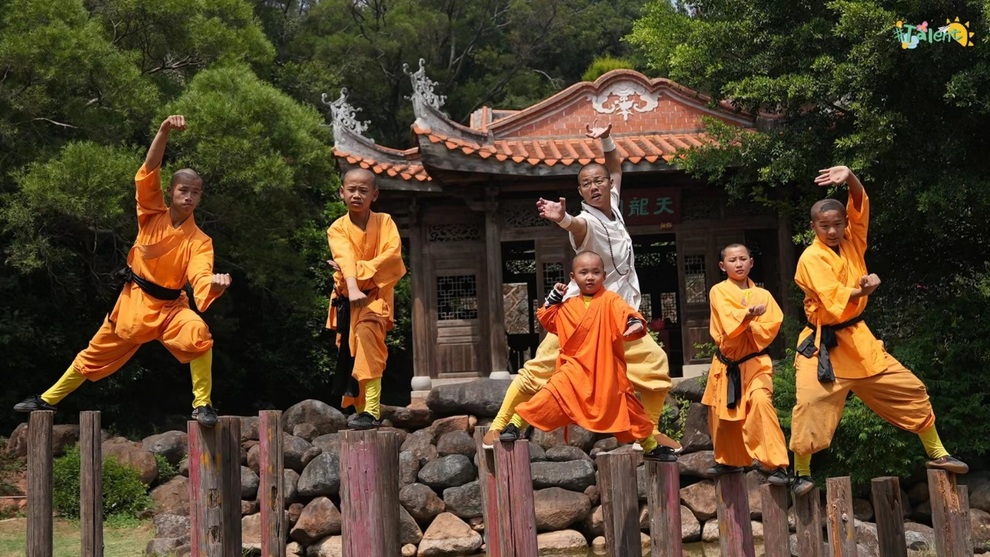
Many people from all over flock to the temple to learn martial arts (Photo: News).
In addition, Shaolin Temple also has a professional martial arts team with hundreds of disciples performing every day for tourists. Martial arts troupes also tour internationally to the US, France, Japan, and Australia, bringing in huge revenues. Some foreign television programs and documentaries have to pay royalties for Shaolin images.
The next source of income comes from martial arts schools and martial arts training. The martial arts school system around the school has thousands of students each year.
Students must pay tuition, accommodation, and study fees ranging from 5,000 to 20,000 yuan per year (18.2 million VND - 73 million VND). Chinese media assesses that this is a highly profitable form of educational service, operating on a business model.
In the temple grounds and surrounding areas, there are many shops selling souvenirs, Buddha statues, and martial arts books. This is a source of income from spiritual culture and religious tourism.
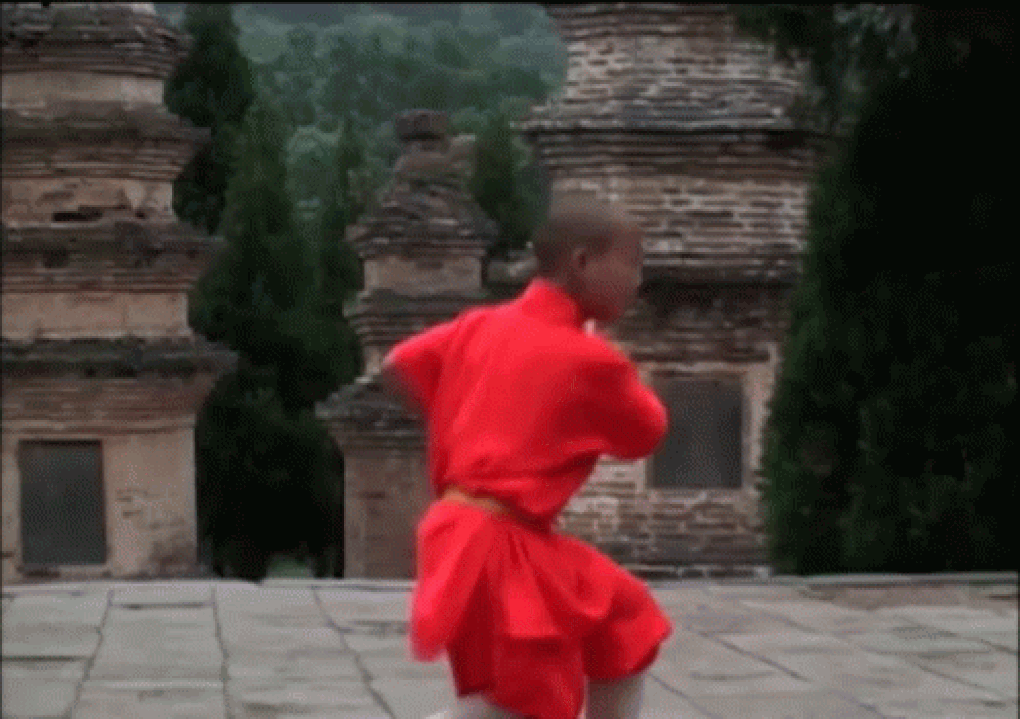
Martial arts performances are always a highlight to attract guests (Photo cut from clip).
In addition, Shaolin Temple is a large and famous temple, so the number of believers coming to make pilgrimages and donate merits every year is very large. Although the price is not public, there is always a voluntary fee.
Under the leadership of abbot Thich Vinh Tin, Shaolin Temple has built a series of businesses such as martial arts teams, television companies, real estate, attracting large investments but causing constant controversy.
According to data from the National Trademark Office of China, as of 2022, Shaolin Temple has applied for 706 trademarks including instant food, lamps, hotels and restaurants, sanitary equipment, beverages, etc.
On July 28, the Buddhist Association of China officially revoked the monkhood certificate of abbot Thich Vinh Tin, affirming that his behavior seriously damaged the image of Buddhist monks and nuns and the reputation of the Buddhist community.
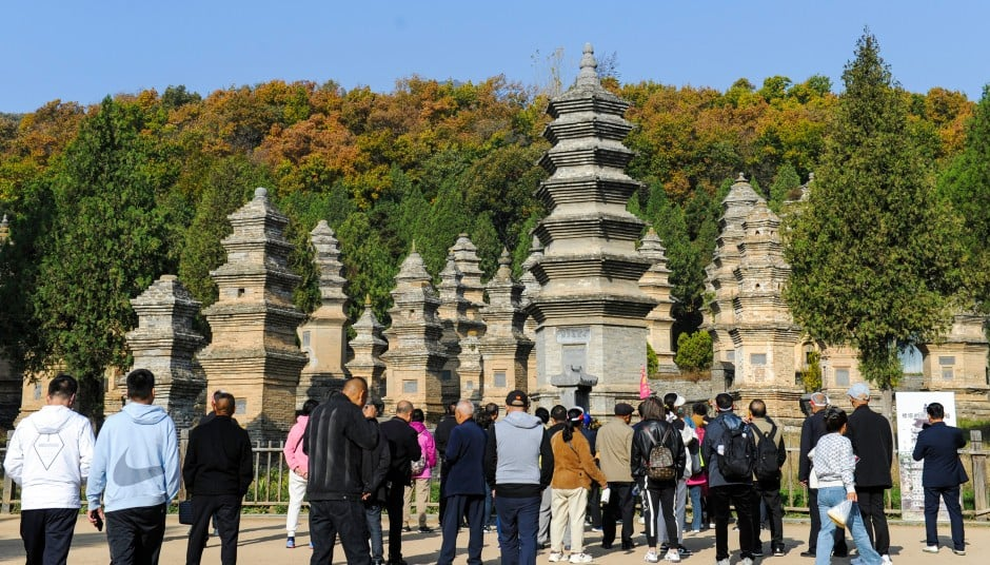
The scandal had a huge impact and attracted special attention from Chinese and international public opinion. Up to now, the Shaolin Temple is still open to visitors and operating normally.
According to The Paper , this scenic area still attracts a large number of visitors to experience. The scenic area staff said that the performances and services at the temple are still taking place as usual, not affected by the investigation of the abbot Thich Vinh Tin.
Source: https://dantri.com.vn/du-lich/tru-tri-dinh-loat-be-boi-nghiem-trong-chua-thieu-lam-tu-van-don-khach-20250729110343818.htm


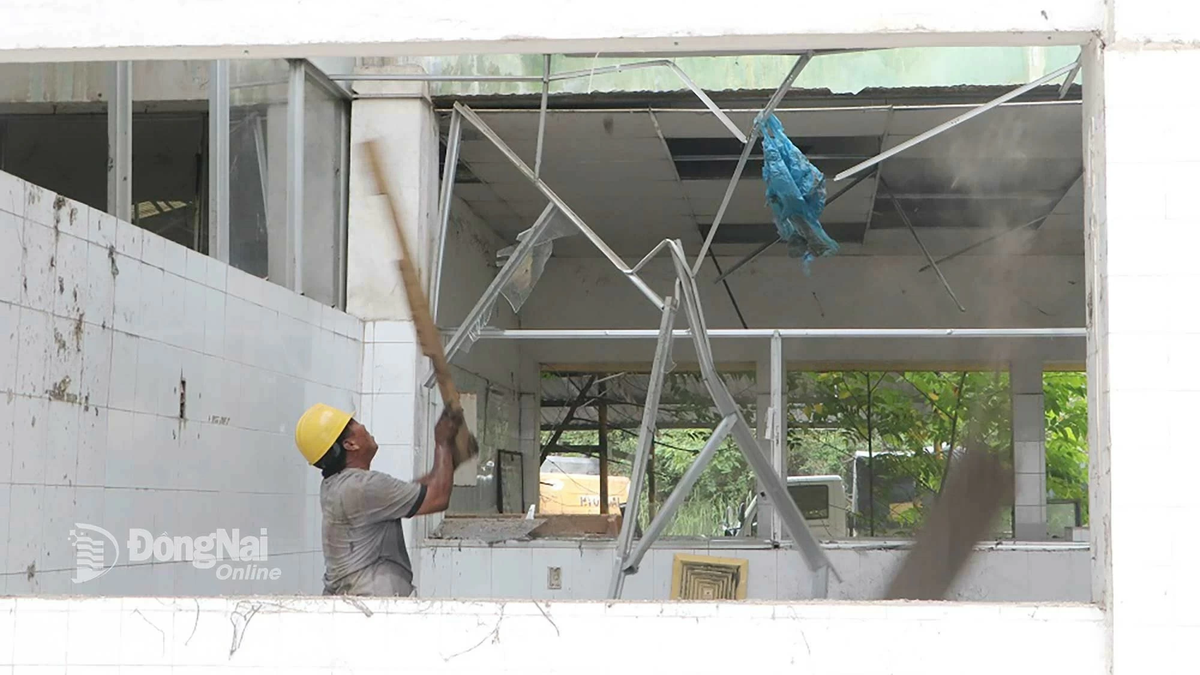
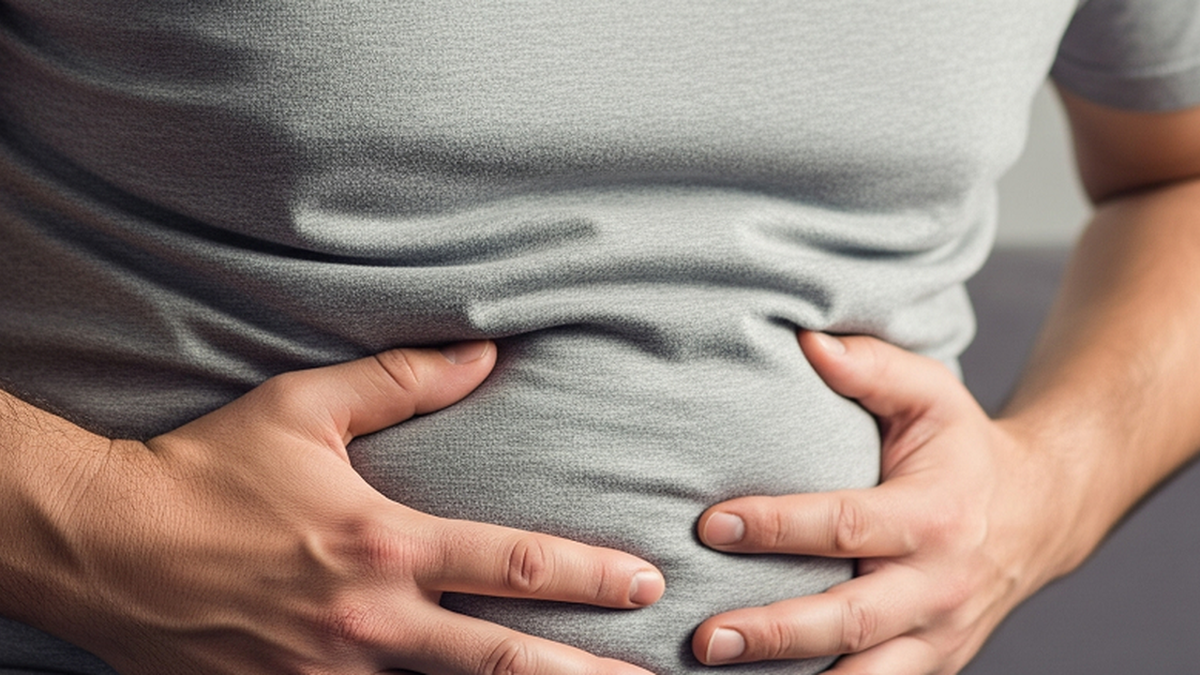
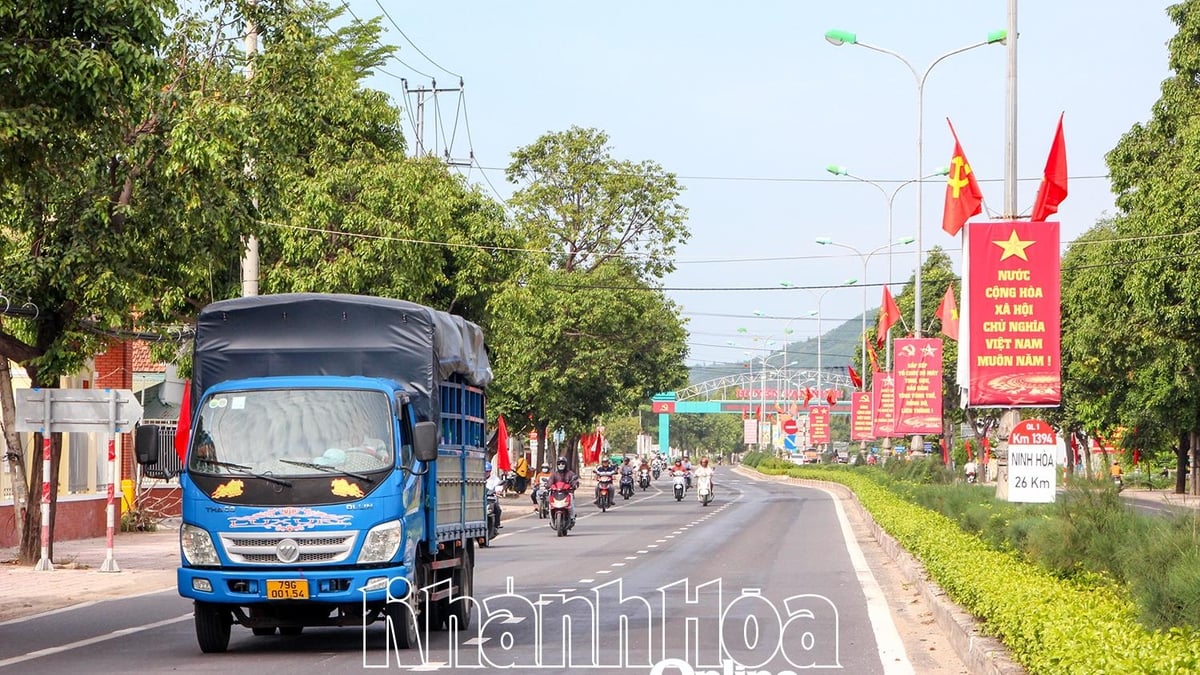


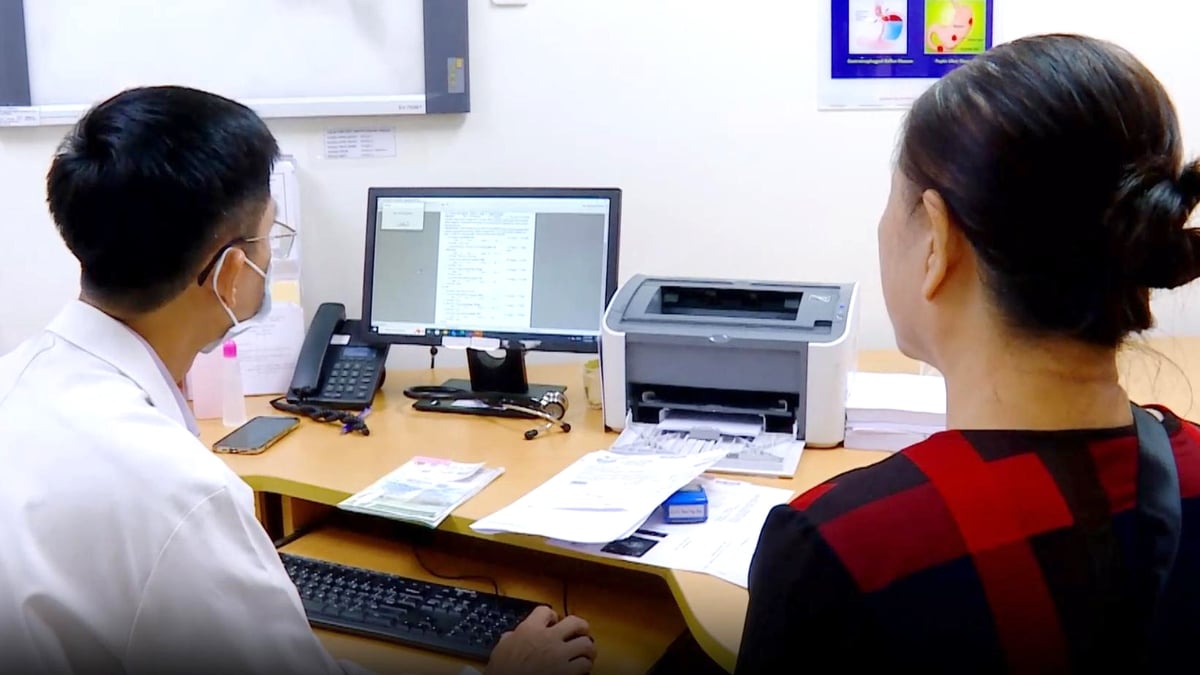

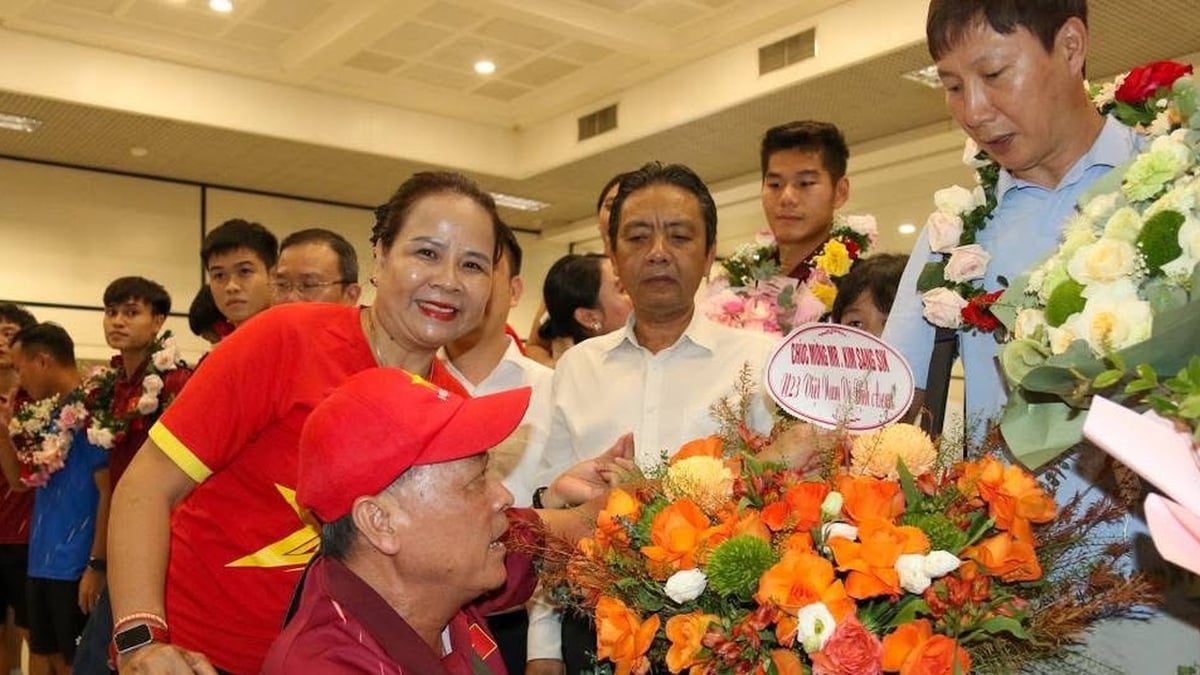
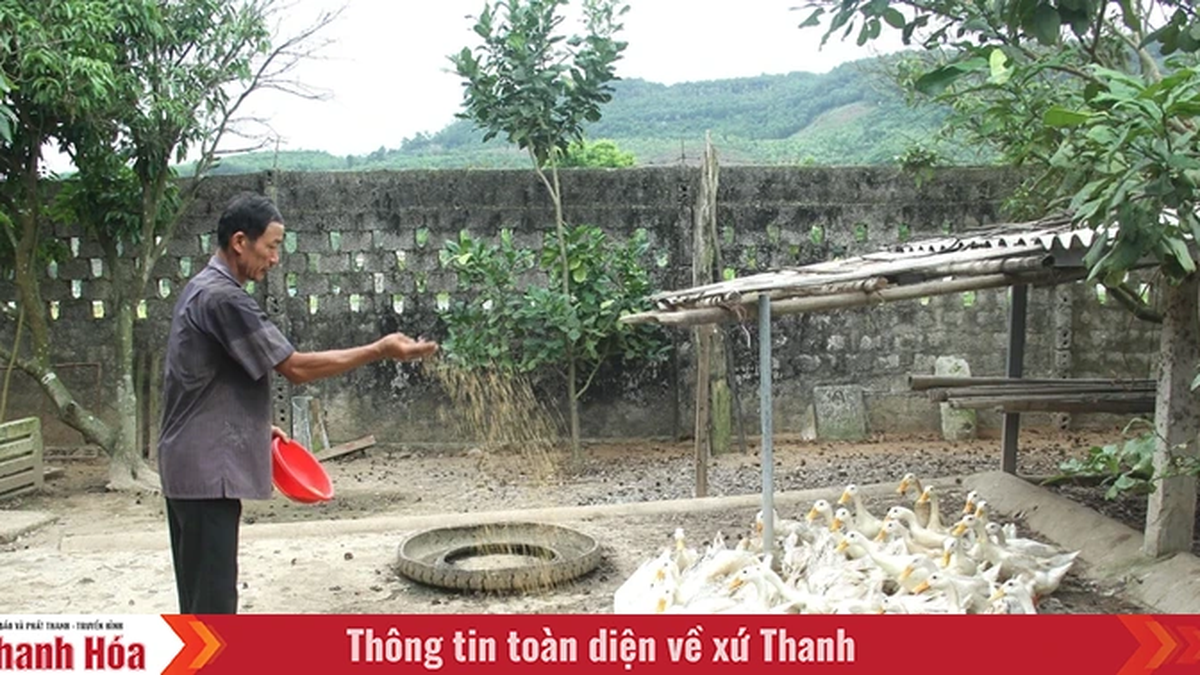












































![[Maritime News] Container shipping faces overcapacity that will last until 2028](https://vphoto.vietnam.vn/thumb/402x226/vietnam/resource/IMAGE/2025/7/30/6d35cbc6b0f643fd97f8aa2e9bc87aea)









































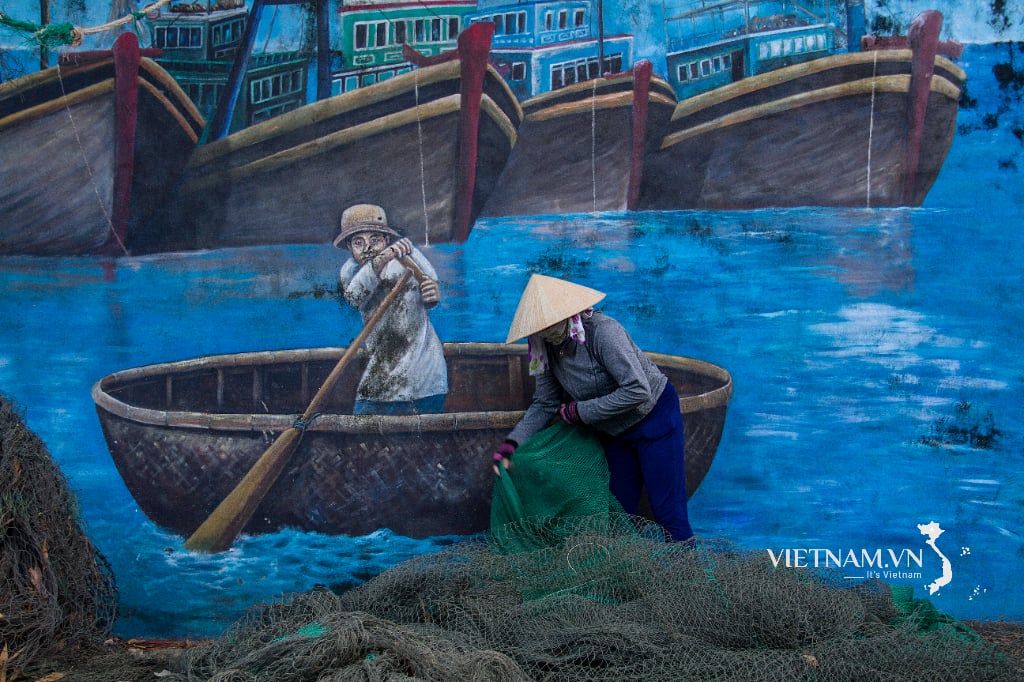

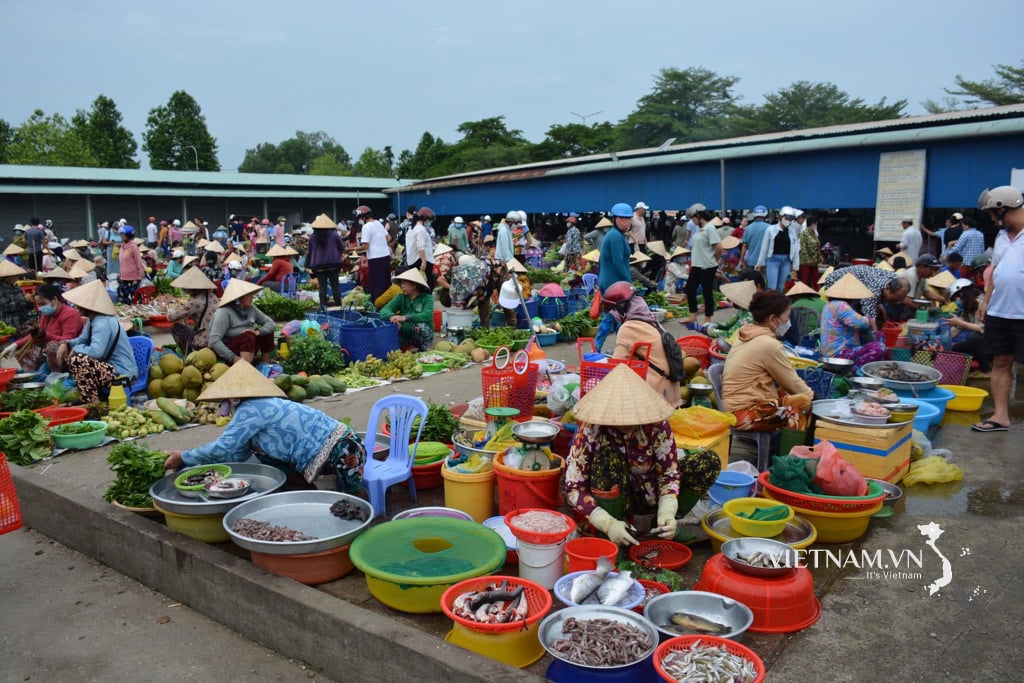

Comment (0)